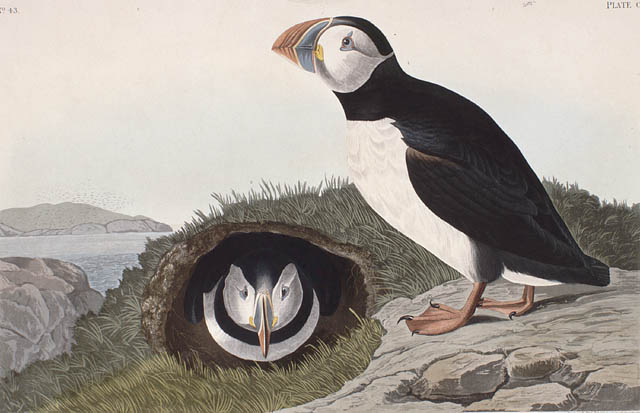When Wikipedia launched in 2001, it was almost a free-for-all. What a concept! Anybody can contribute and anybody can edit this free and open resource that aimed to be a living collection of the world’s knowledge.
But the question on everyone’s mind was, how do you control the accuracy of the information? Indeed, there were digital dust-ups in the earlier years as writers and editors fought back and forth over ideological slants, as well as inaccuracies and nonsense. Wikipedia was forced to work through these battles, and as a result, they’ve implemented sophisticated processes and controls for creating, editing, and reviewing articles.
Wikipedia now has 6 million articles on just the English site alone. If you’re a notable subject, meaning you have attracted attention for a significant period of time, you should be in there. And if you’re in there, what’s written about you had better be complete and accurate because that’s where online researchers look first.

The Centre for Newfoundland Studies (CNS) at Memorial University recognized this when they thought about the availability of research on Newfoundland and Labrador. And so, last fall, historian Jenny Higgins was named CNS’s first Wikipedian-in-Residence. You can hear about Jenny’s adventures in bringing depth to articles when she speaks at the conference in St. John’s, Newfoundland June 12-13. Register now and get your early bird discount.
Register now at the conference page and get your early bird discount.
